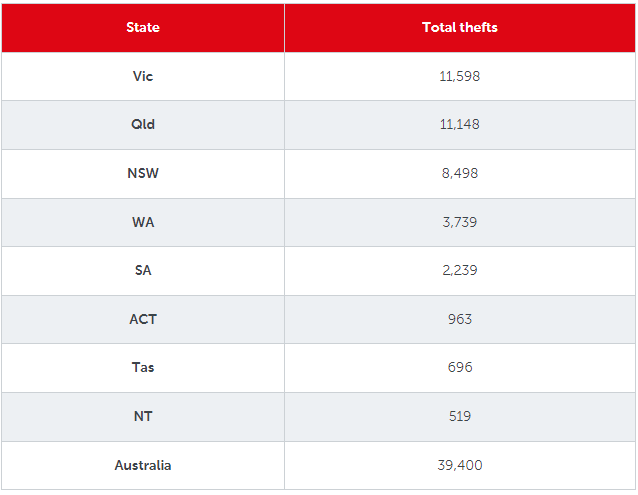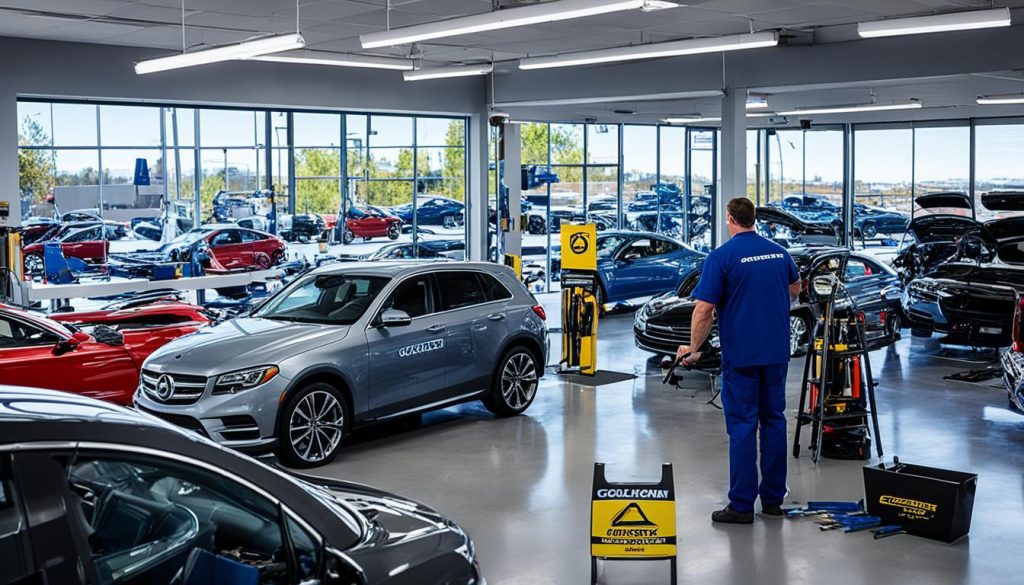1. Low Refrigerant Level
Arguably the most common causes for poor cooling in a car’s AC system is a low refrigerant level. Refrigerant is the substance responsible for absorbing heat from the air and cooling it down. When the refrigerant level is low, the AC system cannot cool the air effectively – it’s the main source for your AC.
Several factors can contribute to low refrigerant levels, such as leaks or normal wear and tear over time. To address this issue, if you are running low on refrigerant, it is advisable to consult a mobile air conditioning regas service, who can refill the refrigerant to the appropriate level. In fact, your car lose up to 10% of its refrigerant every year, so if you are already flicked to max and still sweating, you may be in need of a top up. You should technically only be refilling your refrigerant with R134a, refrigerant which is the golden standard and must only be handled by a profession due to the dangers caused from mishandling.
2. Faulty Compressor
The compressor plays a crucial role in the air conditioning system by compressing the refrigerant and circulating it through the system. If the compressor is faulty or not functioning optimally, it can lead to inadequate cooling.
There are various reasons why a compressor may fail, including electrical issues, mechanical failure, or lack of maintenance. If you suspect a faulty compressor, it is essential to seek professional assistance from an Auto-Electrician or Mechanic as repairing or replacing a compressor requires specialised knowledge and tools.
3. Clogged or Dirty Condenser
The condenser is responsible for releasing heat from the refrigerant, allowing it to cool down and circulate through the system again. Over time, the condenser can become clogged with dirt, debris, or bugs, hindering the heat dissipation process and reducing the cooling efficiency.
Regularly cleaning the condenser with compressed air or taking it to a professional Mechanic for thorough cleaning can help restore its functionality and improve cooling performance.
4. Blocked or Damaged Air Vents
Blocked or damaged air vents can restrict the flow of cool air into the car’s cabin, resulting in reduced cooling capacity. Inspect the air vents to ensure they are not obstructed by objects such as papers, leaves, or debris, which tend to be common culprits.
Additionally, check if the vents’ louvers are working correctly and directing the air in the desired direction. Sometimes a slight adjustment of the air vents will make all the difference in the world. Play around with different angles whilst you are parked, to achieve a desirable flow of cool air.
5. Faulty Blower Motor
The blower motor is responsible for circulating air through the AC system and into the cabin. If the blower motor malfunctions or fails, it can significantly impact the cooling performance.
Common signs of a faulty blower motor include weak airflow or no airflow at all, unusual noises, or inconsistent operation. Seeking professional assistance to diagnose and repair or replace the blower motor is recommended in such cases.
6. Electrical Issues
Electrical problems within the AC system, such as faulty wiring or a malfunctioning control module, can also contribute to ineffective cooling. These issues can disrupt the proper functioning of various components, including the compressor, blower motor, or sensors.
If you suspect an electrical problem, it is advisable to consult an experienced auto electrician who can diagnose the issue accurately and repair or replace the affected parts.
7. Blocked or Restricted Cabin Air Filter
The cabin air filter is responsible for filtering the air that enters the car’s cabin before you breathe it in, removing contaminants such as dust, pollen, and other debris. Over time, the filter can become clogged, restricting airflow and reducing the cooling efficiency of the AC system. It is always recommended that you change the cabin air filter every now and then. When your car air conditioning smells bad, this is a common area that should be investigated.
A blocked or dirty cabin air filter can also lead to unpleasant odors. Regularly checking and replacing the cabin air filter according to the manufacturer’s recommendations can help maintain optimal cooling performance and improve air quality inside the vehicle.
8. Malfunctioning Temperature Control System
A malfunctioning temperature control system can cause the air conditioning to not provide cold air. The temperature control system includes components such as the thermostat, temperature sensors, and control module. If any of these components fail or become inaccurate, they can prevent the AC system from cooling the air to the desired temperature.
Professional diagnosis and repair of the temperature control system may be necessary to resolve the issue. A qualified technician can inspect the system, identify the faulty component, and perform the necessary repairs or replacements
Schmicko Mobile Car Detailing & Car Care
#Discover #Car #Air #Conditioning #Cold










